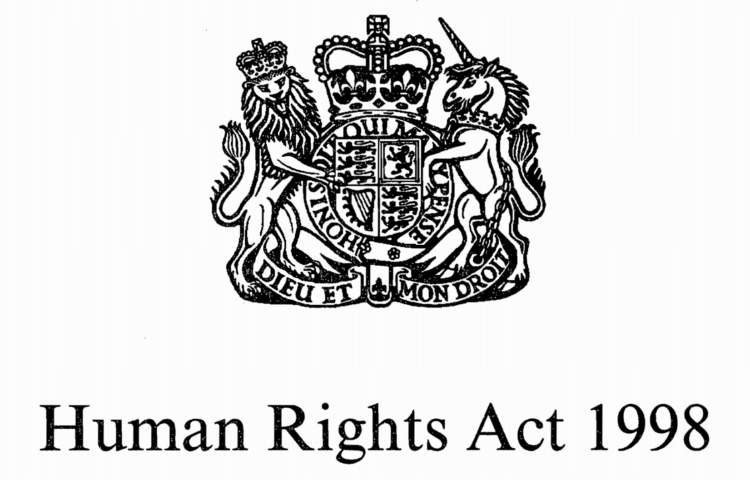By Ashley Young-
A retired Court of Appeal judge Sir Peter Gross is to lead an independent review of the 20-year-old Human Rights Act, government sources revealed over the weekend. A panel of eight senior lawyers and academics is expected to examine whether the 1998 act which allows UK nationals to rely on the European Convention of Human Rights in domestic courts is working effectively, evaluating whether UK judges are being drawn into policy matters, traditionally decided by politicians.
The panel of eight is expected to report its findings by next summer. British ministers consider a wider constitutional reappraisal, examining the relationship between the judiciary, the executive and Parliament. Panel members include Simon Davis, Alan Bates, Professor Maria Cahill , a Professor of Law at University College Cork.
Lord Chancellor , Robert Buckland, in an article for the Daily Telegraph said : ‘There are some specific areas where we would like to see a focus – including whether the act can result in judges being drawn, unduly, into matters of policy as well as law and whether they have struck the right balance between re-writing acts of a parliament and making a declaration of incompatibility.
The review aims to assess the relationship between the domestic courts and the European Court of Human Rights (ECtHR). This includes how the duty to ‘take into account’ of ECtHR case law has been applied in practice, and whether dialogue between our domestic courts and the ECtHR works effectively and if there is room for improvement.
It also aims to examine impact of the HRA on the relationship between the judiciary, executive and Parliament, and whether domestic courts are being unduly drawn into areas of policy.
The implications of the way in which the Human Rights Act applies outside the territory of the UK and whether there is a case for change.
The British government insists it remains committed to the European Convention , but wants to look at its application in the UK. It says the case law of the European Court of Human Rights in Strasbourg has evolved over time and it is right to look at how UK courts respond.
The panel, led by Sir Peter, is expected to evaluate whether UK judges are being drawn into policy matters, traditionally decided by politicians.
A separate panel is already looking at whether there is a need to reform the process of judicial review – where a judge decides the lawfulness of a decision or action made by a public body.
Campaigners have criticised the government, alleging that it is trying to place limitations on the Human Rights Act through other proposed legislation.
Lord Chancellor, Robert Buckland QC MP, said:
”Human rights are deeply rooted in our constitution and the UK has a proud tradition of upholding and promoting them at home and abroad.
After 20 years of operation, the time is right to consider whether the Human Rights Act is still working effectively.
I am grateful to Sir Peter Gross and his esteemed panel for undertaking this timely and important piece of work and look forward to his findings.
Chair of the Panel, Sir Peter Gross, said:
”I am delighted to chair the Independent Human Rights Act Review.
I will undertake this role with a panel selected on the basis of its members’ wealth of experience coming from a variety of senior legal and academic backgrounds.
The Act constitutes a most important part of our legal framework; IHRAR will entail an independent process of careful reflection to consider its workings, together with whether and, if so, what, reforms might be justified.
This independent review runs alongside the independent review of Judicial Review and is part of the government’s work to deliver the commitment in the Manifesto to look at the broader aspects of the constitution and the relationship between the Government, Parliament and the courts”.




